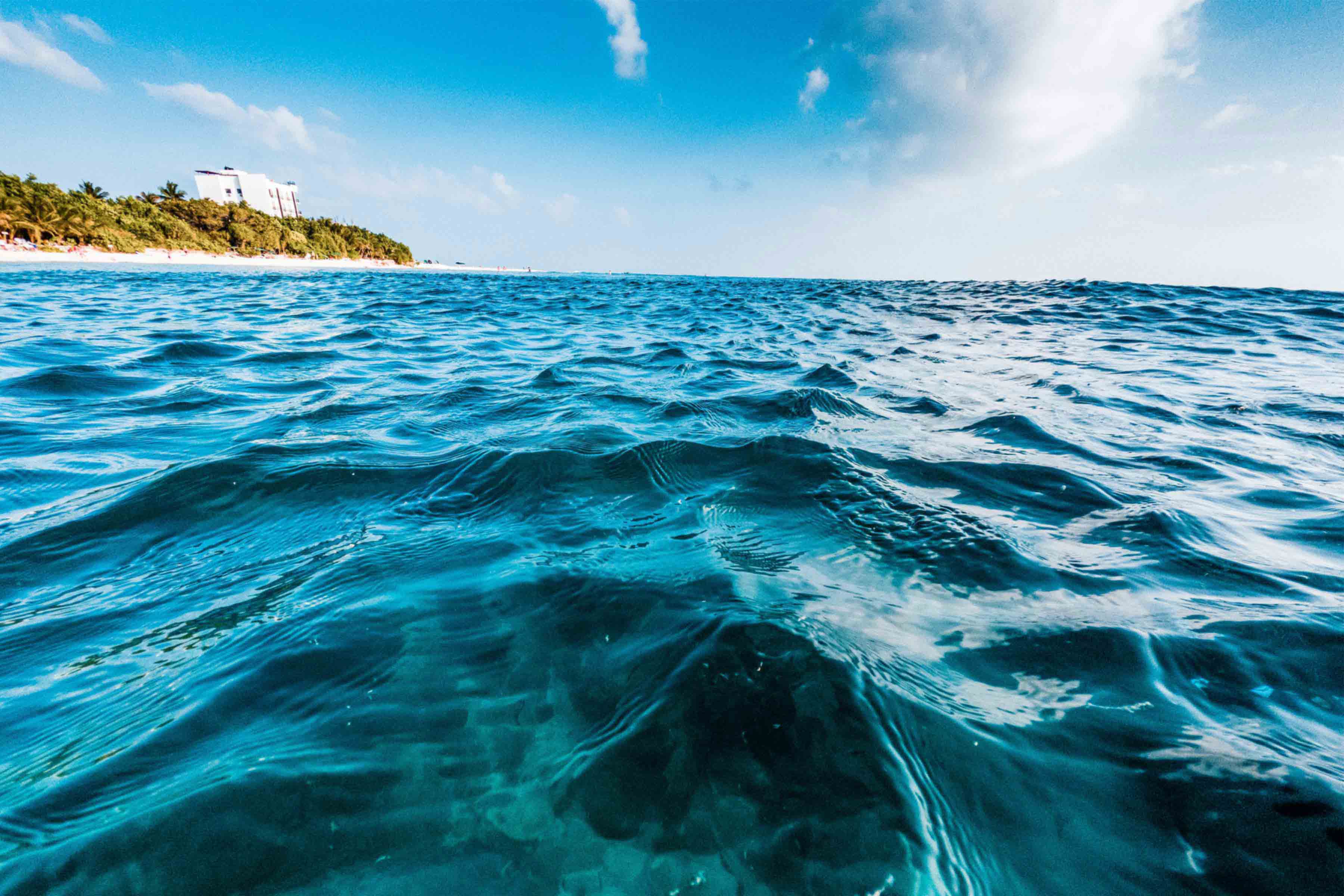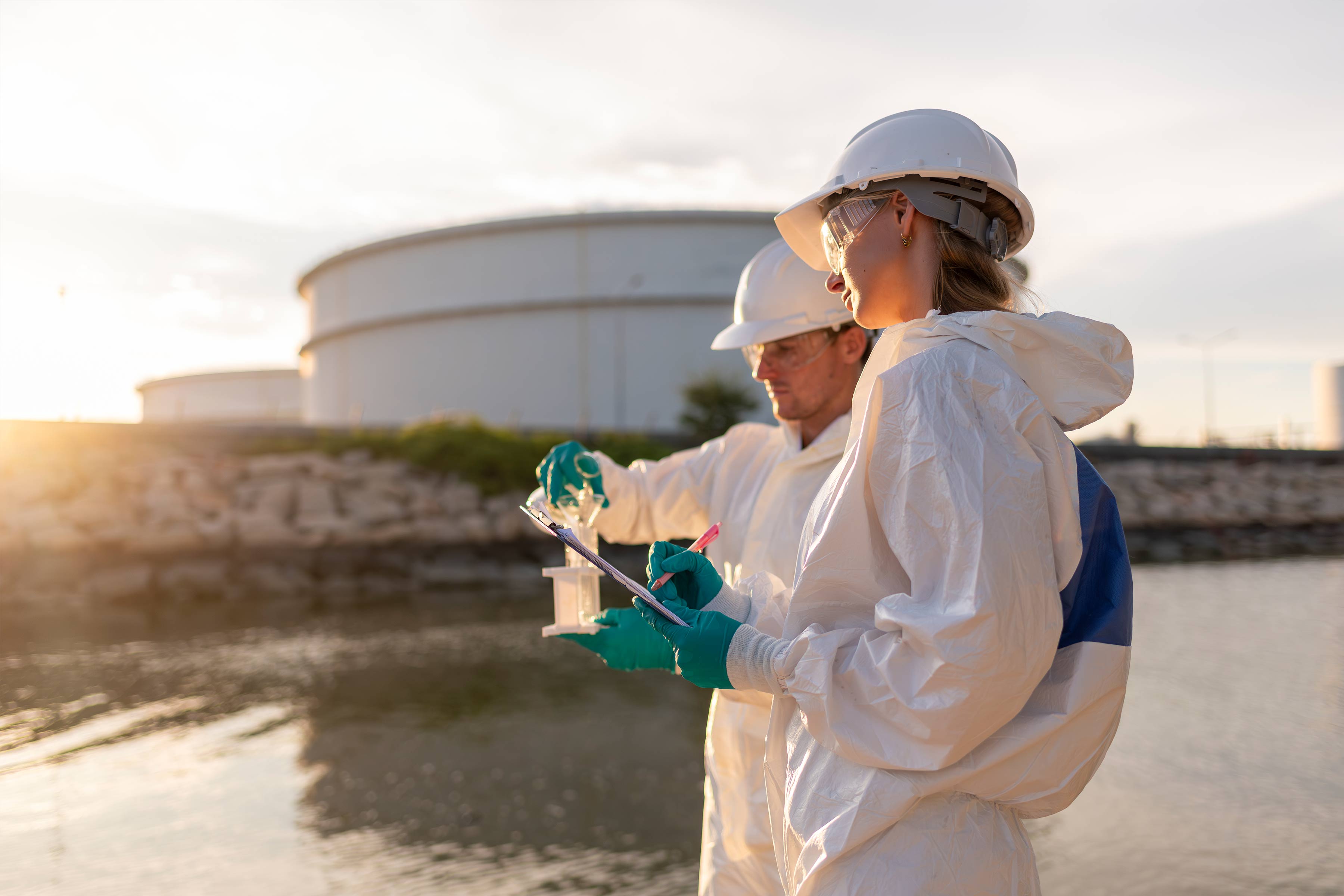
In modern society, water is not just a natural resource; it is an essential element for the survival of both humans and ecosystems. However, in recent decades, industrialization, urbanization, population growth, and climate change have led to a sharp increase in water consumption. As a result, water resource depletion and water pollution have become severe problems. Many countries are experiencing water shortages due to excessive consumption, reckless water use in agriculture and industry, and inadequate wastewater treatment, which have led to a rapid deterioration in water quality[1].
The Worsening Global Water Crisis
The global water crisis is being exacerbated by the following issues:
Surge in Water Consumption
Global water demand is rising rapidly due to increased industrial and agricultural production and expanding urban populations. Research suggests that by 2050, global water consumption will increase by 55% compared with current levels[2].
Water Pollution and Ecological Threats
Inadequate wastewater treatment and the discharge of plastic and chemical pollutants have led to a rapid decline in water quality in many countries. In particular, microplastic pollution and the release of nitrogen and phosphorus from agriculture are accelerating the deterioration of water quality[3].
Imbalance Due to Climate Change
Extreme weather events such as droughts and floods are worsening regional disparities in water supply. Water-scarce regions face threats to their drinking water supply, and in some areas, conflicts over water resources have begun to emerge.
To address these issues, the international community is exploring various policy responses, and the European Union (EU) has proposed the “Blue Deal” as a measure to tackle this problem.

What Is the Blue Deal?
The Blue Deal is a policy-driven approach to find global solutions to the water crisis. It incorporates a comprehensive strategy that addresses water-related issues from social, economic, environmental, and geopolitical perspectives. In particular, it strengthens policies related to industry, agriculture, ecosystem conservation, and urban water management[4]. Transcending fragmented water management policies, the Blue Deal presents a holistic solution that considers climate change, industrial transformations, economic impacts, and international cooperation. It is recognized as an innovative approach that manages water as a strategic resource.

Key Aspects of the Blue Deal
The Blue Deal outlines specific responses to the water crisis through 15 principles and 21 implementation measures. Its main components include:
- Improving Water Management Policies: Promoting legal and institutional reforms for sustainable water use
- Expanding Investment in Water Infrastructure: Upgrading aging water supply and wastewater treatment facilities
- Industry-Specific Approaches: Supporting industries with high water consumption in adopting eco-friendly technologies
- Protecting Agriculture and Ecosystems: Enhancing water use efficiency in sustainable agriculture and reinforcing policies for ecosystem conservation
- Expanding International Cooperation: Collaborating with developing countries to address the global water crisis
The EU’s existing Green Deal[5] aims for carbon neutrality to combat climate change, while the Blue Deal focuses on sustainable water management. These two policies complement each other, as the EU emphasizes achieving both decarbonization and water resilience simultaneously. Some eco-friendly policies within the Green Deal could inadvertently increase water consumption in certain region. To address this, a well-coordinated policy approach through the Blue Deal is necessary.
Prospects and Expected Benefits of the Blue Deal
If successfully implemented, the Blue Deal could lead to improvements in aging water infrastructure and enhanced water quality management, ensuring access to clean and safe drinking water for more people. Additionally, increasing water-use efficiency and improving wastewater treatment in industrial and agricultural sectors could establish a more sustainable production environment. Enhanced flood and drought response systems could also help mitigate the impact of climate change-related water disasters. Developing countries facing difficulties in water management due to water pollution and shortages are expected to establish an integrated and systematic water management system through the expansion of international cooperation to address global water issues.

ASEZ and the Blue Deal
In line with this global movement, ASEZ has been actively conducting various initiatives worldwide to promote sustainable water management and environmental protection. One notable campaign is “Zero Plastic 2040,” which seeks to reduce plastic waste—a major contributor to water pollution. In the second half of 2024, as part of this campaign, ASEZ conducted cleanups at 14 of the world’s most plastic-polluted beaches and rivers in countries such as the United States, Australia, Brazil, and the Philippines. In the first half of 2025, ASEZ plans to expand these efforts globally through international volunteer activities and partnerships. Additionally, ASEZ is collaborating with international organizations like the United Nations to launch various projects aimed at addressing environmental issues. Through partnerships with governments and institutions worldwide, ASEZ is fostering tangible changes in water pollution control and environmental protection.
A Greater Crisis Awaits If We Do Not Act
The water crisis is not just an environmental issue—it is a critical challenge directly linked to human survival. The Blue Deal presents a new direction for international water management strategies and is regarded as a key policy for ensuring a sustainable future. Just as the EU has proposed the Blue Deal, the need for global strategies to address water issues is growing, and international cooperation is essential for establishing sustainable water management systems. If action is not taken now, future water shortages will become even more severe. Water is a vital resource that sustains both life and economies, making its protection and management a priority.
For a sustainable future, the time to act is now.